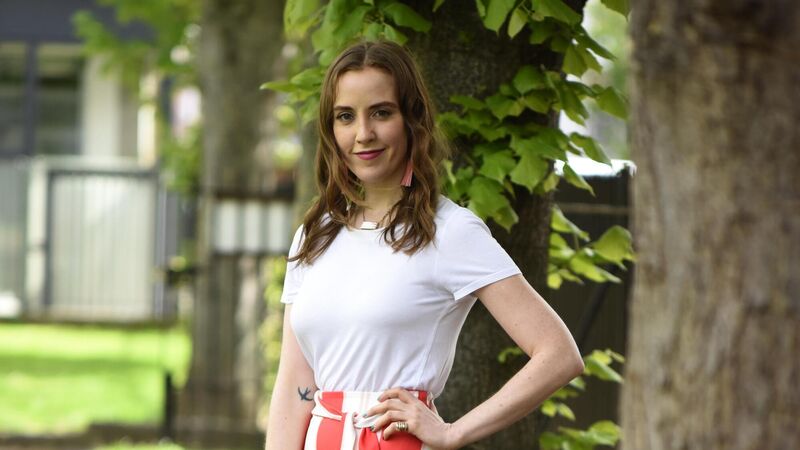Louise O'Neill: How can someone’s humanity ever be up for discussion?

Louise O'Neill, author. Photograph Moya Nolan
The Nigerian author, Chimamanda Ngozi Adichie, published what can only be described as a blistering essay titled, It Is Obscene: A True Reflection in Three Parts. In it, she discusses the dehumanising nature of fame, how erstwhile protegees sought to take advantage of her celebrity, and her disgust with social media sanctimony.
I’ve been a fan of Adichie’s work for years and as I read her piece, I marvelled at how beautifully written it was. It felt invigorating to watch someone who is in complete control of her language, who can bend words to her will with such grace. I didn’t agree with everything — her thoughts on The Problems With Young People felt like she was yelling at those pesky kids to get off her lawn — but it’s been a week since I read her essay and I cannot stop thinking about it.






